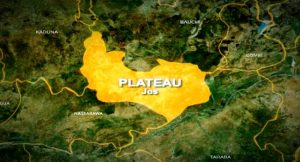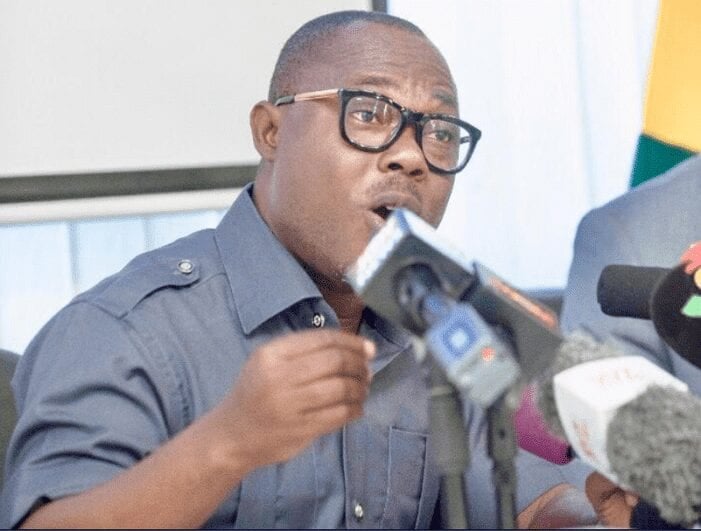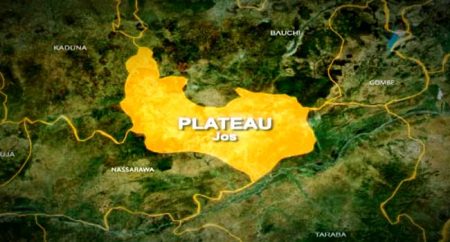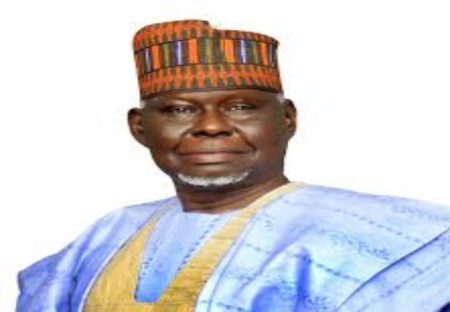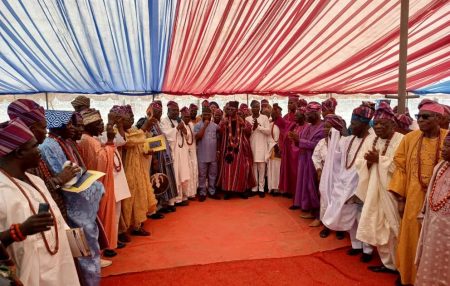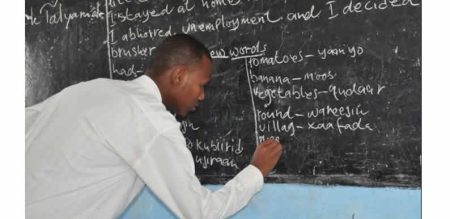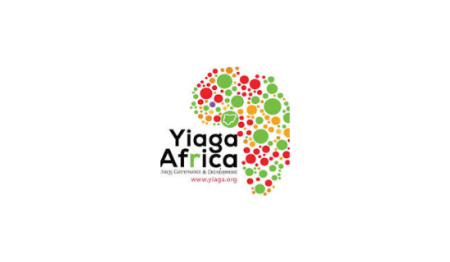Professor Ransford Gyampo, the President of the University of Ghana chapter of the University Teachers Association of Ghana (UTAG), has recently highlighted the association’s pivotal role in combatting illegal mining, particularly known as galamsey. He took to social media on October 23, 2023, to express UTAG’s unwavering commitment to this cause and the importance of holding the government accountable for addressing the persistent challenges posed by illegal and irresponsible mining practices. Gyampo stressed that this struggle is not just an association’s agenda but a significant chapter in the nation’s history, intertwining the future of the environment with the livelihoods of current and future generations.
UTAG’s decision to engage in industrial action was primarily driven by the existential threats that illegal mining poses to various aspects of life in Ghana. According to Gyampo, the degradation of the environment and the perturbation of livelihoods has compelled UTAG to take a stand. He underscored the historical significance of UTAG’s efforts, asserting that future accounts of Ghana’s fight against illegal mining would be incomplete without mentioning the association. This declaration is in stark contrast to other labor groups that have chosen to withdraw from the struggle, demonstrating UTAG’s resolute stance in advocating for governmental action against mining malpractice.
Despite its persistence, UTAG has been met with disappointment regarding the government’s responses or lack thereof. Gyampo articulated concerns regarding the government’s indifference and inability to meet UTAG’s demands, highlighting ongoing governance issues, including the indefinite suspension of Parliament. He pointed out that such governmental negligence poses a significant hindrance to addressing established issues related to illegal mining. By voicing these frustrations, he has emphasized the need for urgency and actionable steps that the government must undertake to mitigate the destructive impacts of galamsey on Ghana’s resources and populace.
The growing crisis within the government’s ranks has further complicated matters for UTAG. Gyampo lamented that apart from the government’s sluggishness in responding to their demands, the ongoing troubles, including the indefinite suspension of Parliament, have further paralyzed efforts necessary for addressing both the mining issue and the broader governance challenges. Gyampo’s candid reflections signal a collective concern among UTAG members, suggesting that the inability of the government to function effectively could lead to further neglect of pressing environmental and societal issues.
In response to these ongoing challenges, UTAG is convening meetings to reassess its strategy and determine its position moving forward. Gyampo indicated that the association is contemplating various possible actions, which includes the potential of indefinite strikes. He cautioned, however, that the effectiveness of such a move may be minimal given the current governmental crisis. By weighing the options between various forms of protests and finding alternative interventions that minimize disruptions to students’ education, UTAG is yet again demonstrating its commitment to rational decision-making that takes into account the welfare of the students and the broader academic community.
Looking ahead, the conversations within UTAG will focus on how to navigate this complex landscape of activism and accountability while considering the balance of their institutional responsibilities. The association’s efforts in tackling illegal mining reflect not only a reaction to immediate environmental crises but also a long-term commitment to safeguarding Ghana’s future. With the effects of galamsey increasingly visible, the pressure on both UTAG and the government will persist as the nation seeks viable solutions to uphold the integrity of its natural resources and the welfare of its people.



